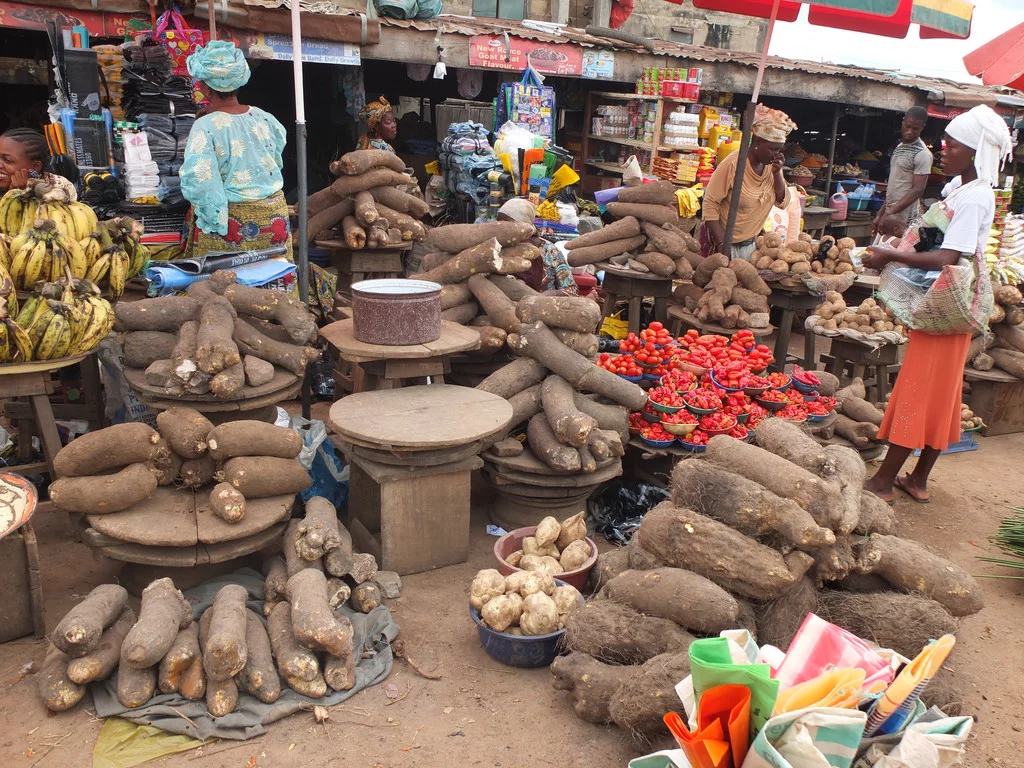The Director-General of the World Trade Organisation (WTO), Dr. Ngozi Okonjo-Iweala, recently shed light on Nigeria’s agricultural sector, revealing a sharp decline in exports since the country shifted its focus to petroleum resources. Despite its rich history as a major agricultural exporter, Nigeria’s agricultural exports dwindled significantly in recent years.
During the introduction of a $1.2 million plan aimed at enhancing Nigeria’s sesame and cowpea products for international trade, Okonjo-Iweala emphasized the untapped potential of Nigeria’s agricultural sector. She highlighted the diverse range of products that Nigeria’s farming industry could offer, creating job opportunities and boosting the economy. However, various challenges have hindered the sector’s growth.

Historically, Nigeria was renowned for exporting agricultural products such as palm kernel, groundnuts, palm oil, cotton, and cocoa. Yet, in recent years, Nigeria has transitioned into a net importer of many of these goods. This shift has resulted in substantial financial outflows, with Nigeria spending billions annually on imported goods that it could produce domestically.
Okonjo-Iweala pointed out that Nigeria’s agricultural export decline coincided with the country’s increased focus on petroleum exploitation. She highlighted the significant drop in Nigeria’s share of world agricultural exports, which plummeted from over one percent in the mid-1960s to less than 0.1 percent by the mid-1980s.
Addressing the challenges faced by Nigeria’s agricultural exports, Okonjo-Iweala emphasized supply-side issues. The project she introduced aims to address these challenges, particularly in meeting Standard Phytosanitary Measures (SPS) requirements. Despite facing hurdles, Nigeria remains a significant player in global cowpea and sesame production and exportation, with immense potential for growth and expansion in international trade.


